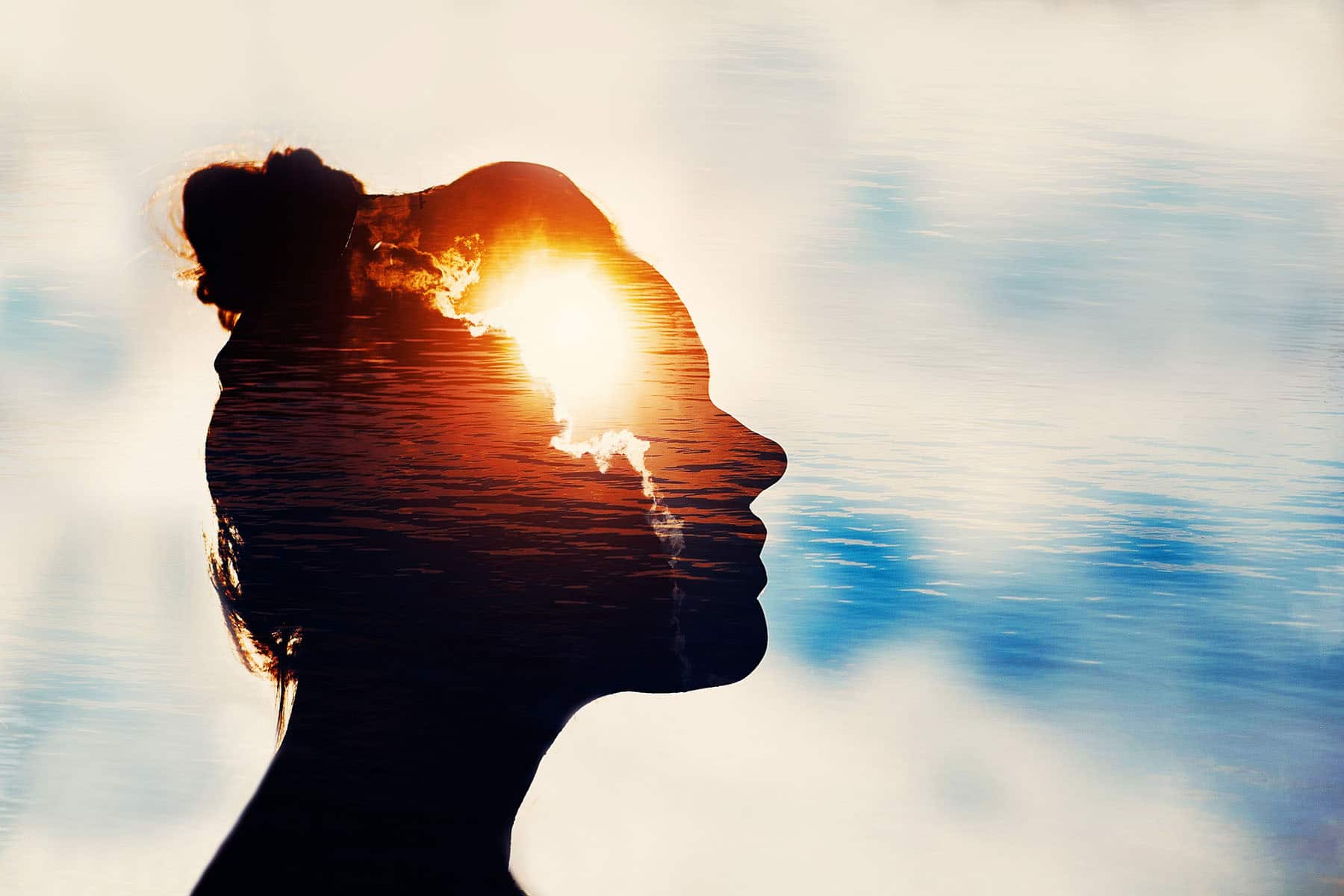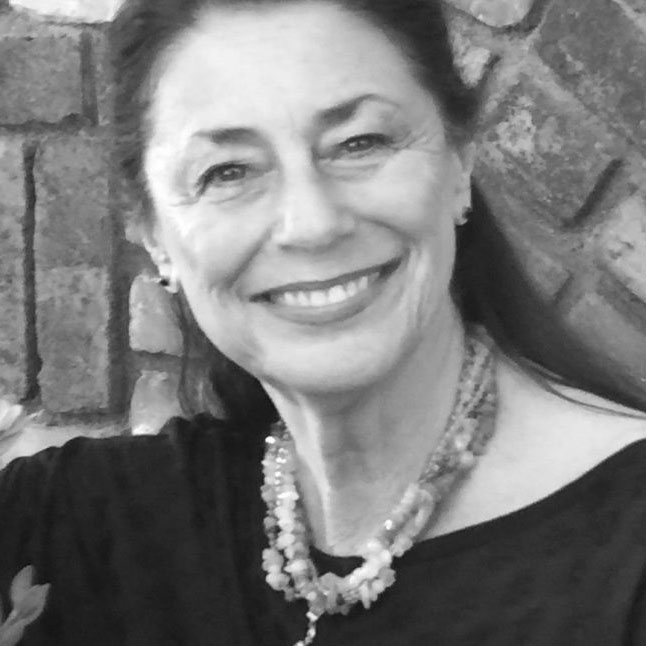 primipil/Getty Images
primipil/Getty Images In an unusual moment, just after celebrating our American holiday of Thanksgiving, we come to welcome Hanukkah. It is an irony since the Jewish holiday of thanksgiving is Sukkot, and it is Sukkot that is truly the reason we celebrate Hanukkah for eight days. In fact, it is the religious immigrants, the pilgrims, who came to America, followers of the Bible, who were inspired by Sukkot to create this American celebration, Thanksgiving.
But Rabbi you must be confused, our tradition teaches that it was a small cruse of oil found in the desecrated sanctuary of the Holy Temple that is the foundation of Hanukkah. Talmud teaches that the oil unexpectedly lasted eight days and this is the basis for celebrating eight days. But it is a deeper dive into our history, spelled out in the Books of the Maccabees I and II, that truly reveals the story. These books are not part of our canon, nor did the ancient rabbis want to focus on political events for adopting a different menorah called chanukiyah. Unlike the original seven-branch menorah housed in the sanctuary of the Temple, the chanukiyah would have eight branches and come to represent the miracle of the oil.
The historical events represent a more unsavory reality. It was a time when the Greeks controlled Jewish life and Hellenism was influential. While the Greeks were attempting to destroy our religion, a group of courageous men, led by the Maccabee family of Priests, recruited others, creating an army that fought and defeated the Greeks, taking back our future and rededicating the Holy Temple. Strength and courage of a physical nature was not what the rabbis wanted to focus on, yet it was the inspiration for many Israeli soldiers who fought in the Six-Day War. Like young Maccabees, they were determined to fight for their country and Judaism. The story of the oil focuses on a different miracle, one that heralded spirit and not military battles. When the Maccabean war ended, the eight-day holiday of Sukkot could finally be celebrated, and the delayed rituals could joyously be expressed.
At a time in which we experience the darkness of hatred and antisemitism, we should find these historical events inspiring and a reminder of the importance of rededicating ourselves to strengthening Judaism’s future.
As lovely as the sweet story of the oil is, at a time in which we experience the darkness of hatred and antisemitism, we should find these historical events inspiring and a reminder of the importance of rededicating ourselves to strengthening Judaism’s future. Assimilation can be a threat, just as it almost was over 2000 years ago. Lighting the menorah is a symbolic act of commitment to maintaining the light of our values, our traditions, our presence in this world, as much as it is a thing of beauty and joy. In these dark moments of the pandemic and isolation, what could be more nurturing than gazing at the beauty of lit candles, singing Jewish songs, and “fressing” (devouring) delicious latkes?
There is no question that the symbol of fire is prominent in our tradition. G-d is encountered in the burning bush, at the fires on top of Sinai, and at the other end of the altar, where the sweet smell, “reyach nihoach,” of the burning offerings wafted toward the Divine. The seven-branch menorah, first in the Holy Tent of the Mishkan and then later in the Temple, stood, lit each day, as both a reminder of the seven days of creation and that the Divine light is always present. The cups held oil and a wick, burning continually, transmitting the warmth and the glow of life renewed. The Zohar teaches that we too are these lights: “In the midst of the Children of Israel, is a pathway to illumine and kindle the lights, connecting what is below (this world) with what is above (world beyond) uniting them as One.”
“Ner Adonai Nishmat Adam,” the light of (for) G-d is the soul of man (Proverbs). We are the Divine light as well the light for the Divine. The oil, the wick, and the flame are both an expression of G-d emanating through our values and actions, but we are also the light, a guide for G-d, leading the way. In a world darkened by fear and pessimism, we are the conduit, not just for eight days, but for every day, to ignite love, grace, and goodness.
Eva Robbins is a rabbi, cantor, artist and the author of “Spiritual Surgery: A Journey of Healing Mind, Body and Spirit.”























 More news and opinions than at a Shabbat dinner, right in your inbox.
More news and opinions than at a Shabbat dinner, right in your inbox.